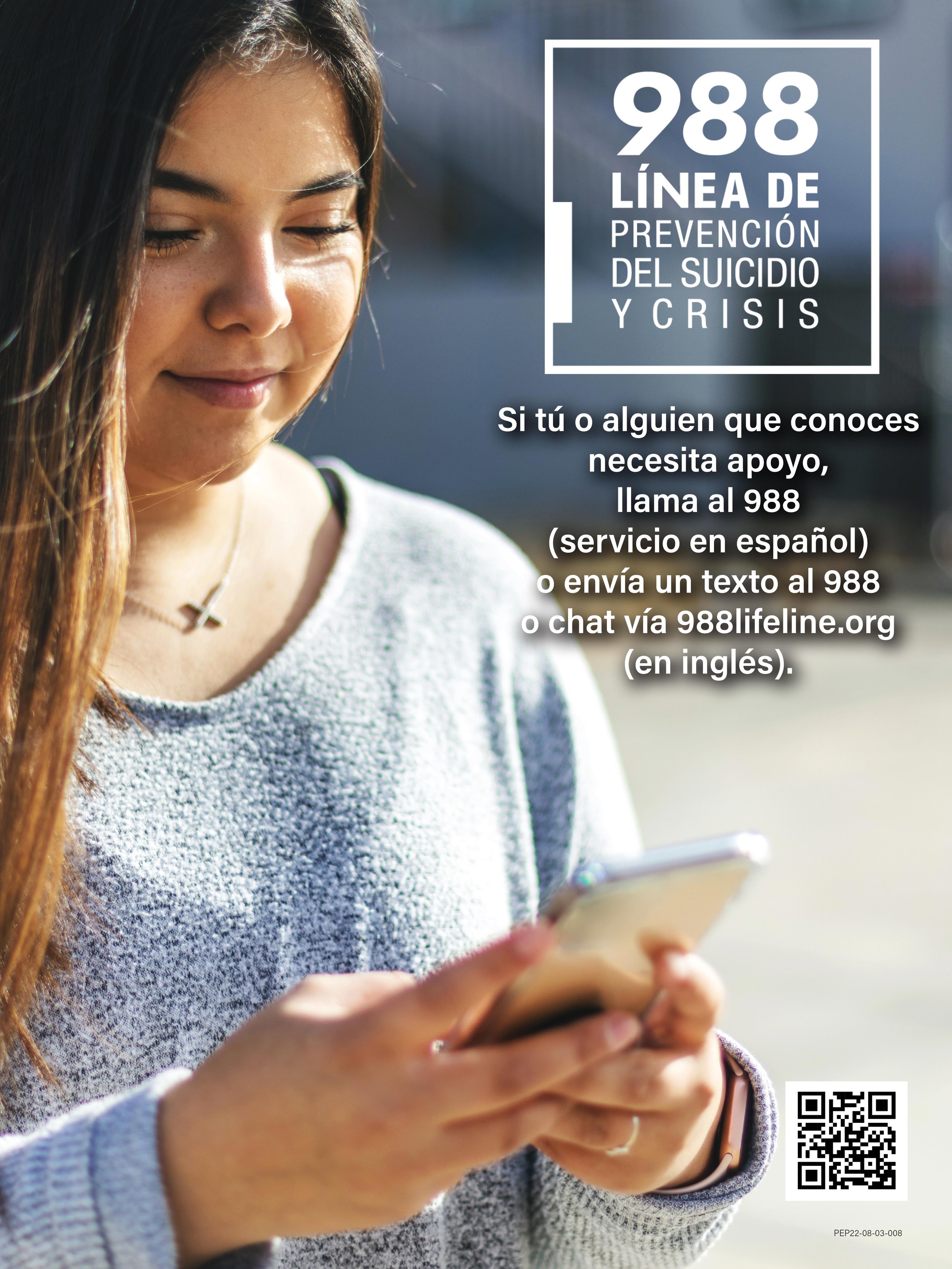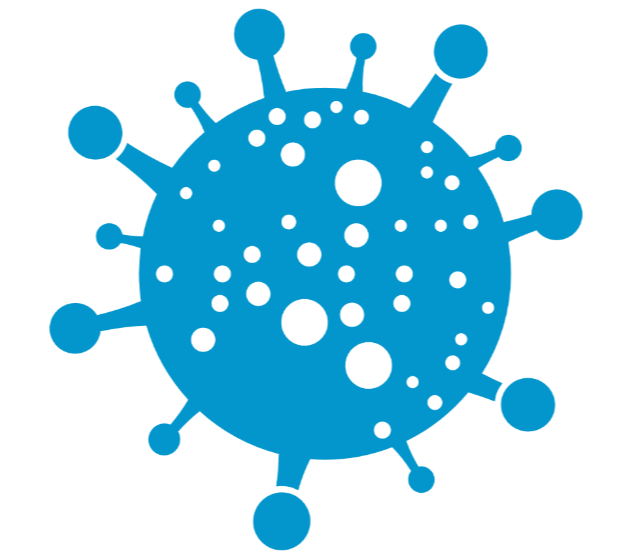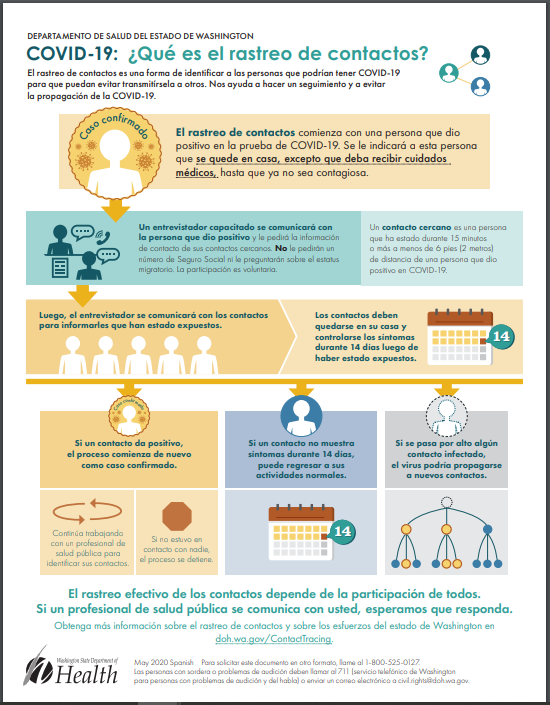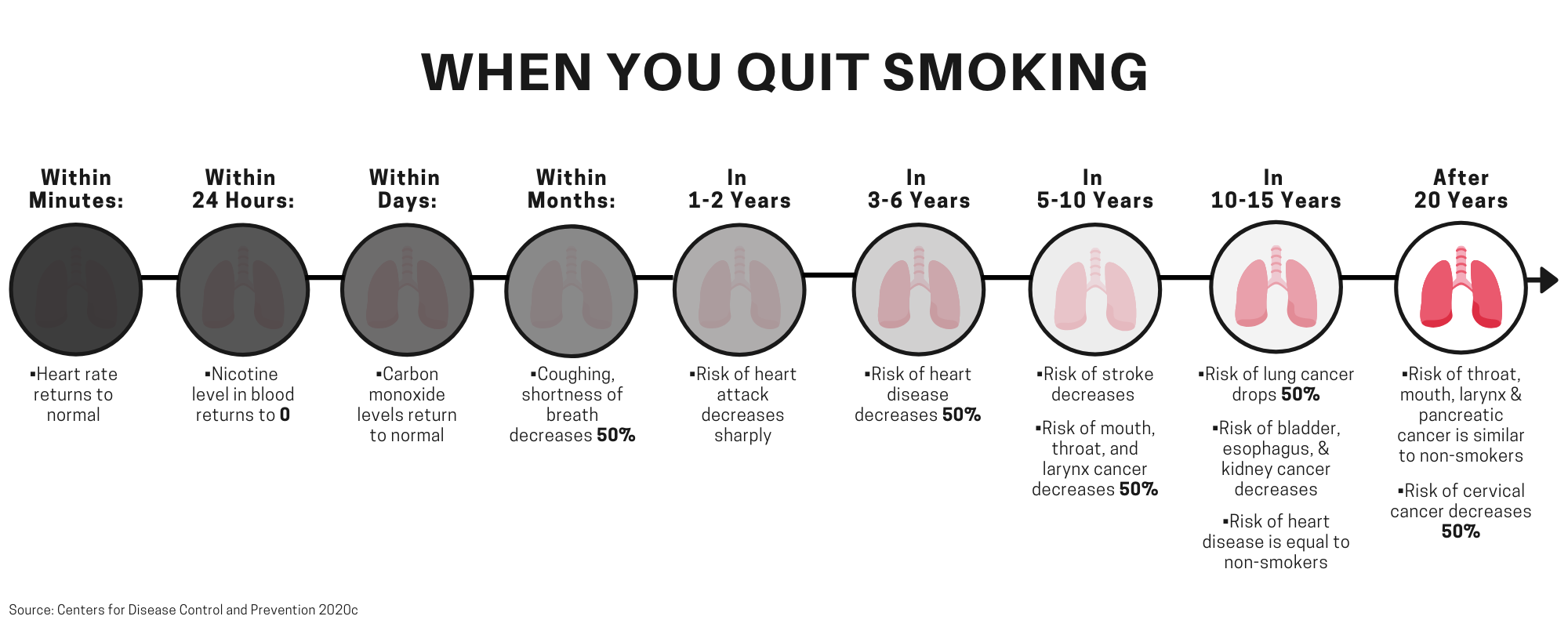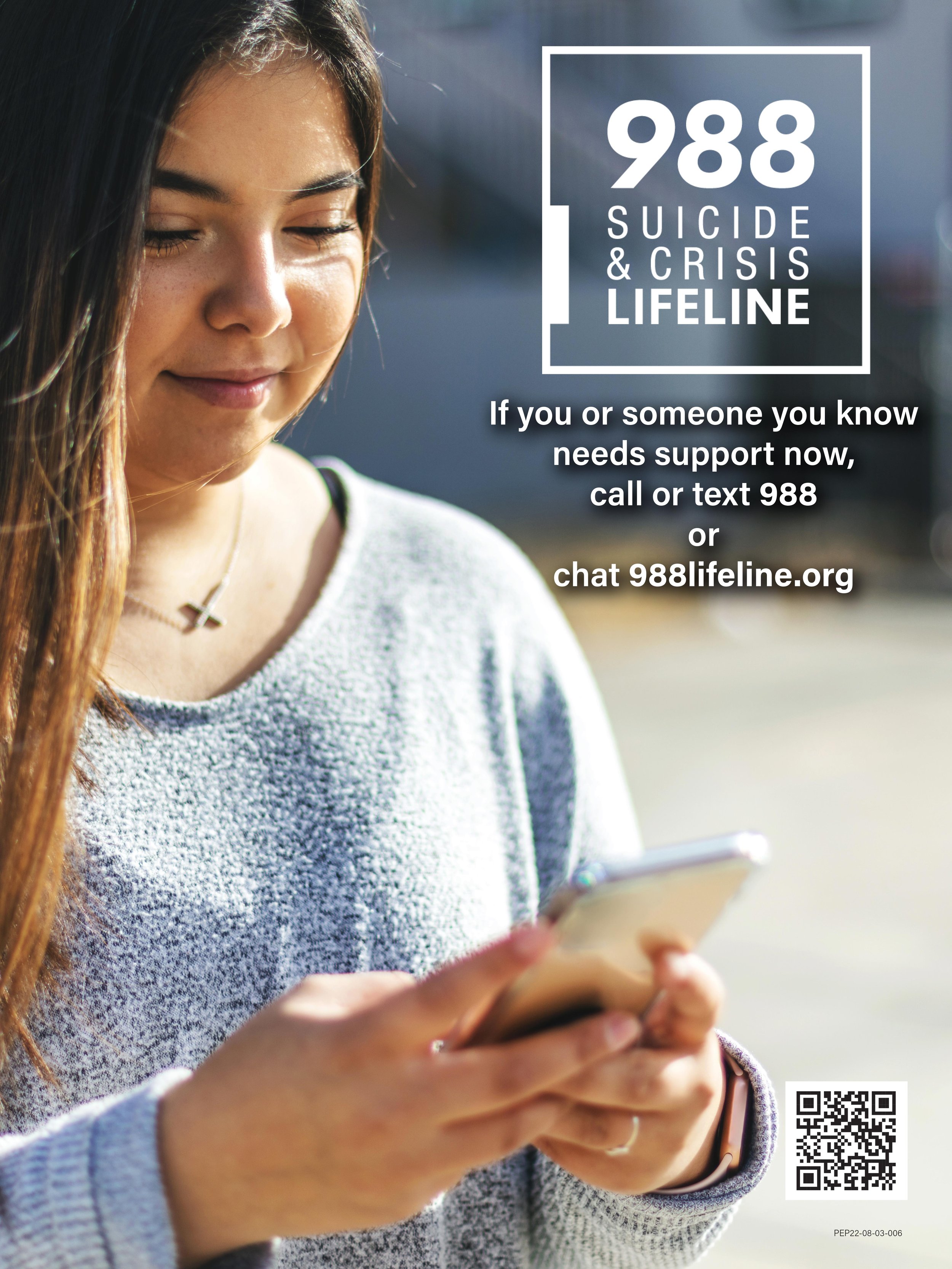What is the current situation?
On December 18, 2018, the Grays Harbor County Board of Health adopted a resolution to end Grays Harbor County Public Health & Social Services Department’s syringe services program on June 30, 2019.
On April 25, 2019, the Grays Harbor County Board of Health reversed this decision; Grays Harbor County Public Health & Social Services Department will continue to provide syringe services.
In January 2021 the Grays Harbor County Board of Health voted to discontinue the County's administration of the syringe services program as of April 1, 2021.
In March 2021 Grays Harbor County received a letter of intent from Willapa Behavioral Health indicating they plan to provide services of collecting, exchanging, and disposing of syringes as well as offering information on services to recovery beginning in April 2021.
As of March 30, 2021 Grays Harbor County Public Health & Social Services no longer provides syringe exchange services.
For a directory of local, regional, and statewide syringe service programs please visit https://www.doh.wa.gov/YouandYourFamily/DrugUserHealth/SyringeServicePrograms/Directory.
What are syringe services programs?
Syringe services programs (SSPs) are community-based public health programs that serve people who inject drugs. SSPs generally have four core components:
Provide free, sterile syringes and other supplies to prevent the spread of infectious disease.
Facilitate safe disposal of used syringes.
Offer education about overdose prevention and safer injection practices, such as training on how to use naloxone (an overdose-reversal drug).
Provide referrals or access to additional medical, mental, or social services, including HIV and hepatitis C testing and drug treatment and counseling
SSPs reduce the risk of HIV, hepatitis C, and other bloodborne pathogens by increasing access to sterile syringes, removing used syringes from the community, and educating clients about how to prevent the spread of infectious disease and reduce their risk of abscesses and infections.
How long have syringe services existed in Grays Harbor County? Are there other syringe services programs in Washington State?
Grays Harbor County Public Health & Social Services Department has operated a syringe services program since 2004. The program was authorized by Resolution #BOH-04-01, approved by Grays Harbor County Board of Health on January 15, 2004.
Grays Harbor County Public Health & Social Services discontinued administration of this program as of March 30, 2021. Willapa Behavioral Health has indicated plans to conitnue the service as of April 2021.
According to Washington State Department of Health, there are currently 24 syringe services programs operating around Washington State that serve over 45 different locations.
For a directory of local, regional, and statewide syringe service programs please visit https://www.doh.wa.gov/YouandYourFamily/DrugUserHealth/SyringeServicePrograms/Directory.
Are syringe services programs legal?
Yes.
In Washington State, local Boards of Health are given broad authority to “enact such local rules and regulations as are necessary in order to preserve, promote and improve the public health and provide for the enforcement thereof.” This allows local Boards of Health to approve syringe services programs within their jurisdiction. (RCW 70.05.060)
Washington State drug paraphernalia laws do not prohibit the legal distribution of syringes through public health, community based HIV prevention programs, and pharmacies. (RCW 69.50.4121) They also allow any person over the age of 18 to possess sterile syringes for the purpose of reducing bloodborne diseases. (RCW 69.50.412).
Why do syringe services programs make public health sense?
SSPs improve community health. ([CDC][7])
• SSPs reduce HIV, Hepititis C, and other disease transmission.
• SSPs do not increase crime or drug use.
• SSPs connect people to other health services, including HIV testing and care services and drug treatment.
• SSPs facilitate safe syringe disposal, so that police officers, emergency medical responders, and community members are less likely to have a needlestick injury.
• SSPs save health care dollars by preventing infections from blood borne viruses and abscesses from dull, contaminated syringes.
• SSPs reduce overdose death through education about how to prevent and respond to overdose situations.
SSPs are an important part of a comprehensive strategy to reduce the harms of drug use. ([Surgeon General Report On Alcohol, Drugs, and Health, 2016][8])
Historically, society has treated substance use disorders as a moral weakness or as a willful rejection of societal norms, addressing these problems primarily through the criminal justice system.
Evidence now shows that addiction to alcohol or drugs is a chronic, but treatable, brain disorder that requires medical intervention, and has the potential for both recurrence and recovery.
Building on the federal public health approach, many communities are developing public health approaches to address substance misuse. A public health approach seeks to understand the broad factors that influence substance misuse and substance use disorders and applies that knowledge to improve the health, safety, and well-being of the entire population.
In Grays Harbor County, the health department takes a comprehensive public health approach to reducing substance misuse.
• [My Town][9] and Harbor Strong coalitions are focused on preventing underage drug use. Coalition members represent multiple sectors of the community, including; schools, media, private business, city officials, law enforcement, medical, behavioral health treatment, parents and students. These efforts also include a school-based prevention component, which is conducted in partnership with ESD 113, Hoquiam School District and Aberdeen School District.
• Grays Harbor Therapeutic Court provides qualifying individuals who have abused substances with an opportunity for judicially supervised treatment as an alternative to incarceration.
• The Overdose Prevention Project distributes naloxone and conducts overdose response education to those at risk of witnessing or experiencing an opioid overdose. This includes community health workers, lay responders, and law enforcement officers. Project staff also collaborated with other community organizations to write and carry out the Grays Harbor County Opioid Needs Assessment and Response Plan, written in 2018.
• The Rural Response to the Opioid Epidemic project brings stakeholders together to reduce death and disease associated with opioid overdose among individuals who come in contact with law enforcement or criminal justice systems.
Are there other ways that people can get new, sterile syringes?
Syringes may be available for purchase at retail pharmacies. Washington State does not require a prescription to purchase syringes at a retail pharmacy.
Medicaid and other insurance may partially or completely cover these costs. - List of GH Pharmacies
Neighboring Syringe Service Programs
Lewis County : Gather Church Harm Reduction Program
- Centralia Harm Reduction Van at W. Reynolds Ave & Johnson Road (under the I-5 overpass)
- Wednesdays 4-6 p.m.
- Contact: Cole Meckle 425-218-3060
- http://gatherchurch.com/about
Mason County:
Substance use mobile outreach of Mason County
- Belfair – parking lot of Community Food Pantry at 71 NE Old Belfair Highway
- Tuesdays 11-1
- Skokomish Health Clinic – lot quarter of a mile north of Lucky Dog Casino at 19670 N Hwy 101
- Kamilche – adjacent to the Kamilche Trading Post 3850 SE Old Olympic Hwy
- Thursdays 11-1 and 2-4 p.m.
Thurston County:
Emma Goldman Youth & Homeless Outreach Program (EGYHOP)
Thurston County:
Public Health & Social Services
- Tuesdays & Thursdays
- 12 noon – 5 pm
- 1000 Cherry St SE
- Olympia, WA 98501
- Entrance is on the back of the building (east facing)
Pierce County: Tacoma Needle Exchange
- South 14th and G Street (Tacoma)
- Wednesdays 1-6 p.m.
- Tacoma Pierce County Health Department Mondays and Fridays 1-4 p.m.
Do syringe services programs increase syringe litter? What should I do if I find a syringe?
We share everyone’s desire for a clean, safe community. Research shows that cities with syringe services programs have less syringe litter than cities without syringe services programs.
It can be unsettling to find a syringe; it is a reminder of the complex problems our community is experiencing.
If you find a syringe, you can help make sure it is disposed of safely.
• If the syringe is on public property, like a city park, call the city or town to report it.
• If the syringe is on private property, tell the landlord or business owner.
• If you want to clean up the syringe yourself, use a pair of tongs to pick up the syringe and put it into a sharps container or some other thick-walled container that can be sealed. Call your local trash collector for disposal instructions.
Visit SeeANeedle.com for resources that can help you teach children what to do if they find a syringe.

